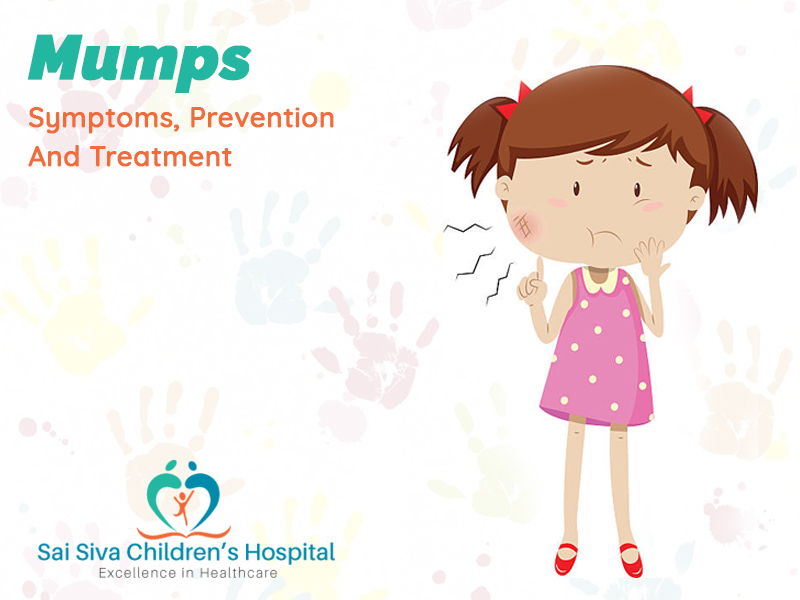
A high fever and swollen salivary glands are typical mumps symptoms. The glands may not swell at once, but may swell in bursts. The parotid glands are the most common to swell, and the disease is contagious when it does. Most people with mumps will experience these symptoms, but some people may be asymptomatic or not even have any symptoms at all. If you are one of the many people who have been diagnosed with mumps, treatment should include pain medication and fluids. The first week of mumps will be the most contagious period, so you must avoid contact with others, including family and friends.
Treatment for mumps usually involves pain medications, fluids, and bed rest. The CDC recommends that adults stay home for five days after the symptoms appear, and children should stay home from school until their symptoms subside. It is important to practice good hygiene to avoid spreading the disease. This includes washing your hands before touching others, covering your mouth when you sneeze, and disinfecting surfaces frequently touched by others. You should also limit your exposure to other people, especially to pregnant women.
The most common way to prevent mumps is by practicing good hand-washing. Alcohol-based hand wash kills the mumps virus and helps prevent it from getting into your mouth. You should wash your hands after using the bathroom, before eating, and after shaking hands with others. Be sure to avoid direct contact with people who have mumps. During the first few days, you may have to stay in bed and take pain medications. The mumps symptoms can lead to severe complications such as meningitis, inflammation of the breast tissue, pancreatitis, and deafness.
Treatment for mumps varies depending on the severity of the symptoms. Some doctors prescribe painkillers, others prescribe bed rest. You should always discuss any medicines you wish to use with your healthcare provider before giving them to your child. Antibiotics are not a cure for mumps. It is important to talk to your child’s pediatrician and get advice from the health website https://www.dflowcollection.com/
about possible side effects before giving him any medication. However, you should not give your child aspirin or ibuprofen. They can cause Reye’s syndrome, which is a serious condition.

It is important to keep your hands clean to avoid getting mumps. The virus can easily spread from one person to another, so proper handwashing is critical to preventing mumps. You should always wash your hands before eating or shaking hands with others. It is important to limit contact with sick people and wash your hands thoroughly. You should also avoid sharing items with them. If you have to share space with someone who has mumps, try to cover your mouth and limit contact with that person’s saliva.
If you are infected with mumps, the parotid glands may swell. The swelling will be painful, but the infection will eventually go away. Infected people will feel better in a few days. Symptoms of mumps will last for several days. During this time, you will feel fever and swollen glands. You can also take pain medication and ice packs. You should avoid contacting people with mumps because it can spread the virus.
Symptoms of mumps may include a rash, fever, and swollen glands in the neck. Your body will also be sensitive to colds, which may cause mumps. If you suffer from mumps, it’s essential to get vaccinated. Mumps vaccine is available and has been proven effective in preventing the disease. Approximately eight million people are vaccinated each year in the U.S.
Infections of the mumps virus can be asymptomatic and pass to healthy adults within 14 days. Some common symptoms include a headache and low-grade fever that suddenly reaches 104 degrees. Mumps causes inflammation of the pancreas, a gland located in the floor of the mouth and the submaxillary and lingual glands in the jaw. The symptoms of mumps can be mild or severe.
Mumps is a viral disease caused by the paramyxovirus. This virus infects the salivary glands, and infects the parotid glands. In addition to the parotid glands, the infection can affect the ovaries and submandibular glands. It can be transmitted from person to person by sneezing and coughing. This condition usually causes non-specific symptoms.